In every overseas Vietnamese community, Vietnamese is not simply a language, but the soul of culture, an invisible thread connecting people to their national roots.
In Laos, a neighboring country with a special relationship with Vietnam, preserving the Vietnamese language in the overseas Vietnamese community is not only an effort to preserve identity, but also an act of affirming national pride in the flow of integration.
 |
| Mr. Nguyen Van Hung, an overseas Vietnamese in Khammouane province, Central Laos. (Source: VNA) |
In the small house of Mr. Nguyen Van Hung in Thakhek town, Khammouane province, when the day's work is temporarily put aside and dinner is finished, the children and grandchildren gather around the TV to watch Vietnamese programs together, from home news, familiar TV series to music and comedy shows with a strong Vietnamese character.
Mr. Hung said that since he was a child, his parents taught him Vietnamese. After that, he studied at a Vietnamese school in Laos. His children later continued to study at Vietnamese schools. Knowing Vietnamese and writing Vietnamese is to not forget that he is Vietnamese. Although he now has Lao nationality, his roots will never change.
Mr. Hung often tells his children and grandchildren that knowing how to speak Vietnamese is to remember who you are. As long as Vietnamese remains, your roots remain. And perhaps it is these simple evenings, these everyday moments with the mother tongue, that are the most beautiful proof of the journey to preserve the national language in a foreign land, quietly but proudly.
Mr. Hung does not say that in theory but shows it in his own way of living and raising his children every day. While many other overseas Vietnamese families have gradually become accustomed to speaking Lao at home, Mr. Hung and his wife, Mrs. Tran Thi Anh, still maintain the principle of speaking Vietnamese at home.
Sitting back in her chair, Mrs. Tran Thi Anh said she was also born in Laos and was taught Vietnamese by her parents since she was a child. Now she teaches it to her children and grandchildren. Everyone in the family speaks Vietnamese.
It was this perseverance that helped Mr. Nguyen Van Dung, their son, born and raised in Laos, still use Vietnamese fluently. Although he studied in a Lao school and lived in a multilingual environment, thanks to his family background, he did not "dissolve." Now, he continues to inspire the next generation by teaching his children Vietnamese from the earliest years of life.
According to Mr. Dung, speaking Vietnamese is to let his children know who he is and where his hometown is, and he always speaks Vietnamese to his children, plays music, and listens to Vietnamese stories. Over time, that mother tongue will permeate and become deeply ingrained in their memory. That is the easiest way to preserve their roots.
 |
| Ms. Dang Thi Hai Tam, Consul General of Vietnam in Savannakhet province, Central Laos, shares about the preservation of Vietnamese language by the Vietnamese community in Central Laos. (Source: VNA) |
Ms. Dang Thi Hai Tam, Consul General of Vietnam in Savannakhet Province, Central Laos, said that Vietnamese is not simply a foreign language for overseas Vietnamese. It is the language of their ancestors, a cultural identity that needs to be preserved. Learning Vietnamese must start from the family, from self-study awareness to daily practice.
Ms. Tam also emphasized that in addition to family factors, there needs to be support from schools, from systematic, creative Vietnamese language teaching programs that are suitable for the living environment of overseas Vietnamese. At the same time, it is necessary to strengthen community cultural activities and connect with the country so that overseas Vietnamese children can live in a Vietnamese atmosphere and touch Vietnamese values.
In the context of strong globalization, the mother tongue is facing the risk of being overwhelmed, especially in Vietnamese communities living far from the Fatherland. Therefore, preserving and developing the Vietnamese language in the overseas Vietnamese community cannot be just a slogan, but must start from specific actions: from the awareness of each family, from community education policies and from the long-term companionship of the Vietnamese State.
For every Vietnamese living far from home, preserving the Vietnamese language is also preserving the roots of the nation. It is not only a responsibility, but also a right to be proud that no matter where you go or where you live, the Lac Hong blood still flows in your veins, resounding through every lullaby, every greeting, every affectionate “dad” and “mom” in a foreign land.
Source: https://baoquocte.vn/tieng-viet-soi-day-ben-chat-noi-kieu-bao-voi-coi-nguon-324000.html






![[Photo] General Secretary To Lam attends the 80th anniversary of Vietnam's diplomacy](https://vstatic.vietnam.vn/vietnam/resource/IMAGE/2025/8/25/3dc715efdbf74937b6fe8072bac5cb30)


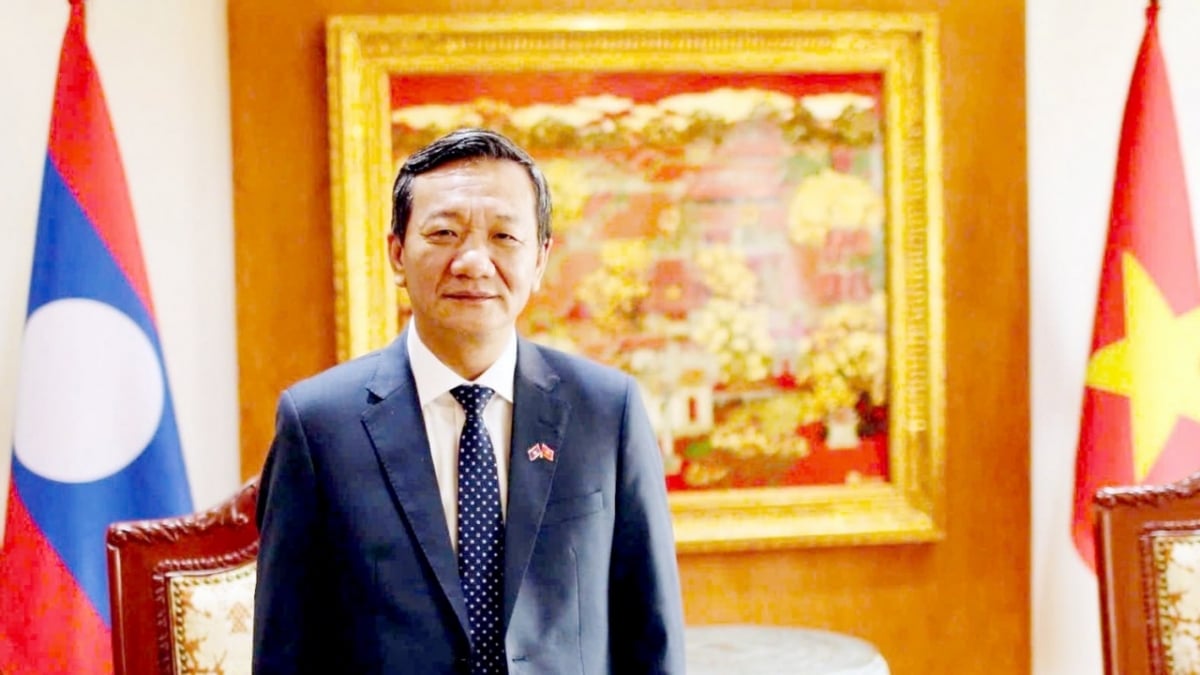
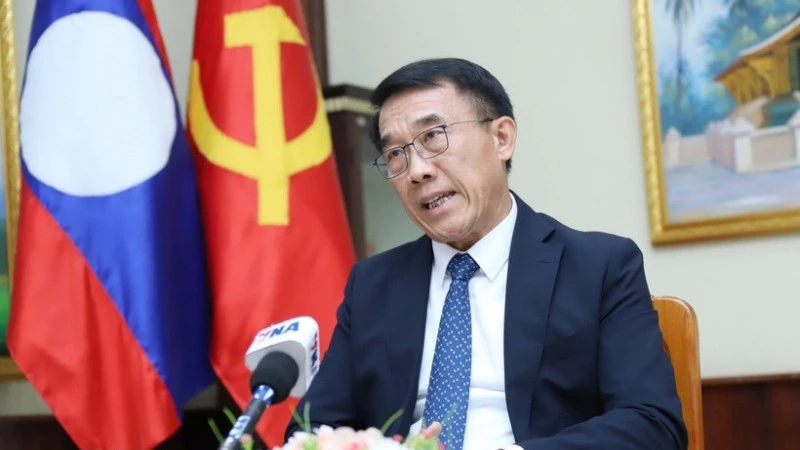

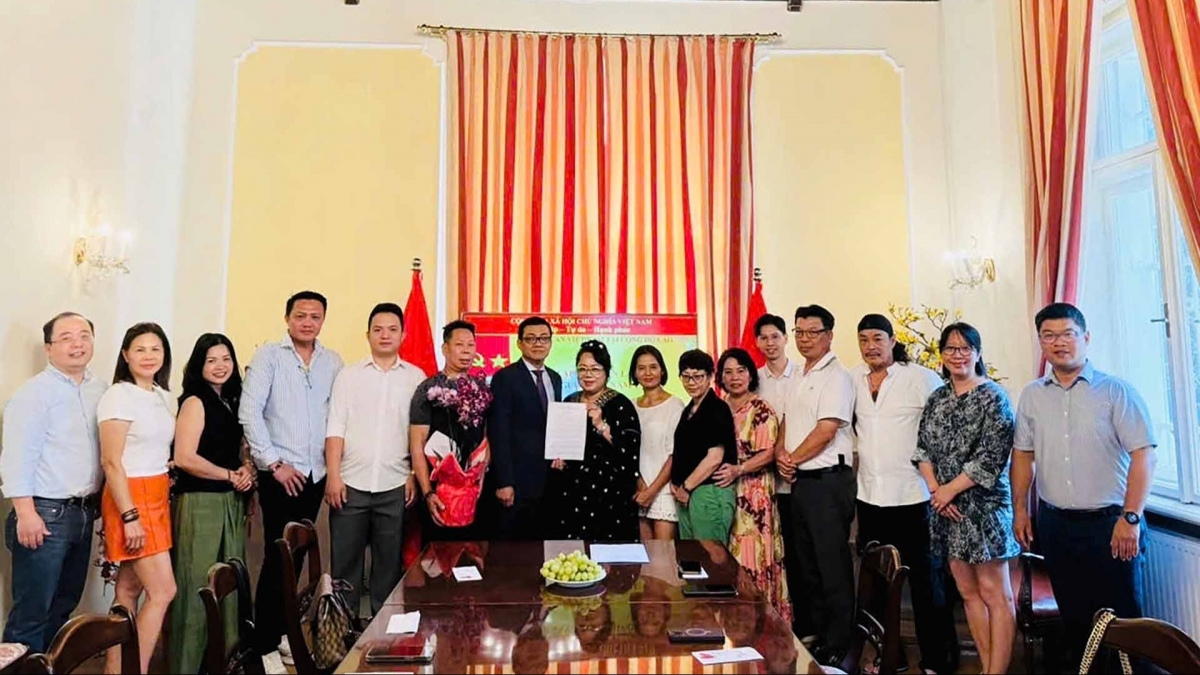
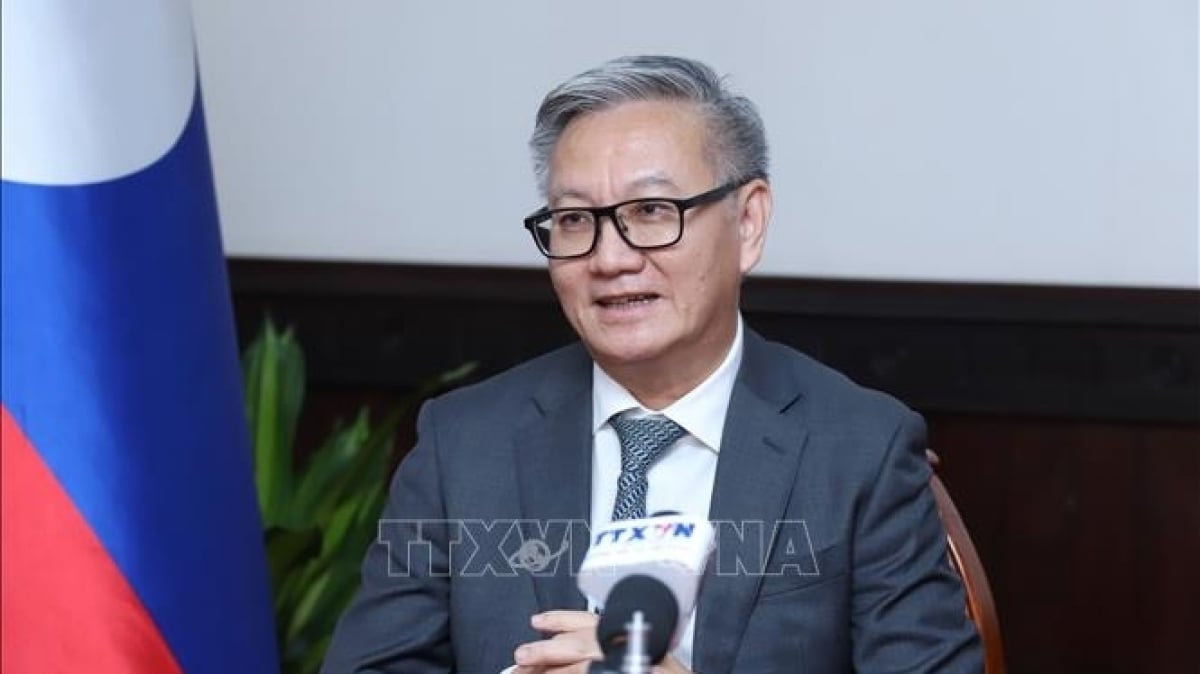
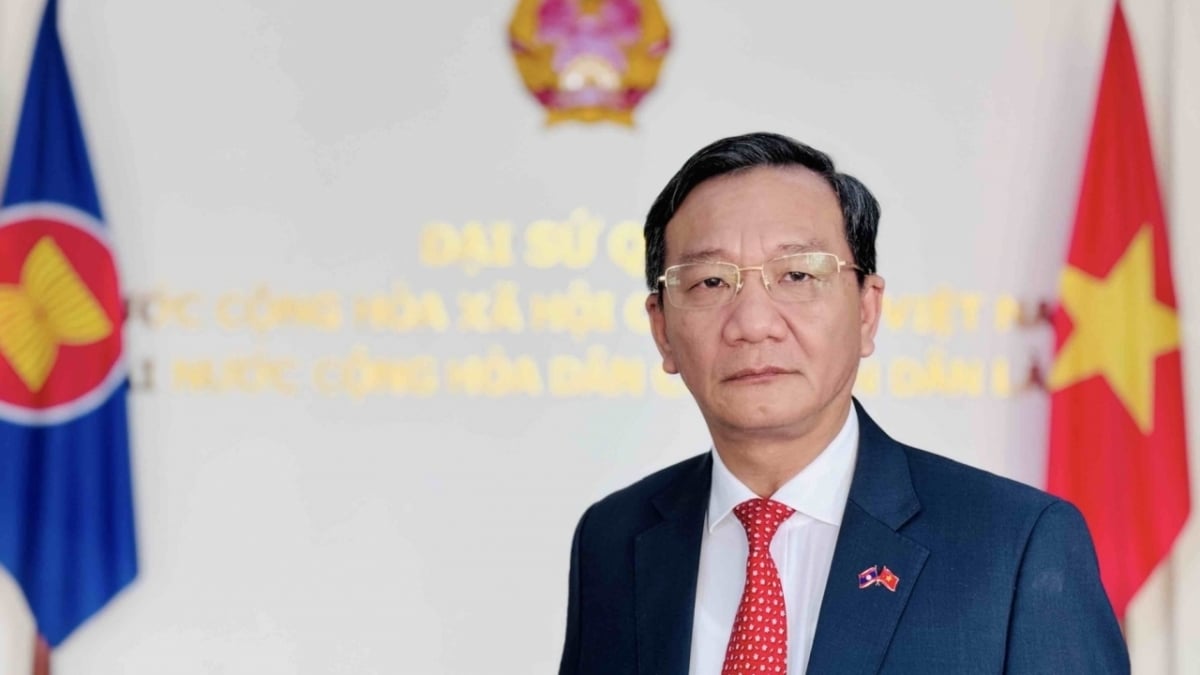
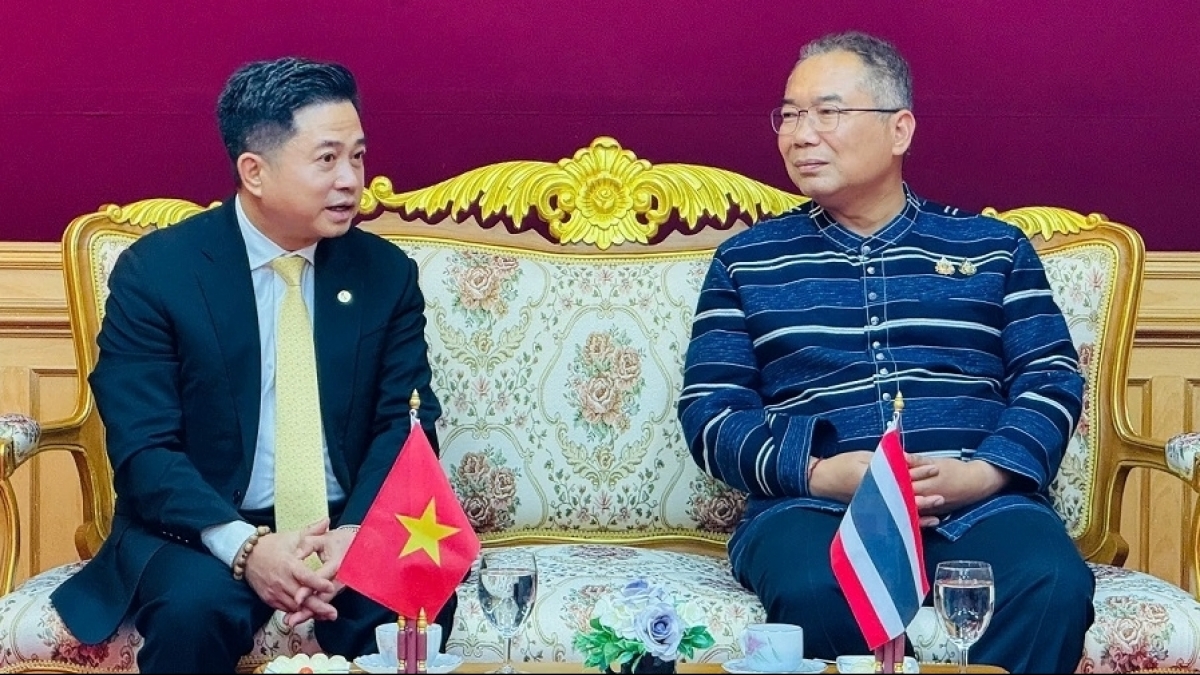


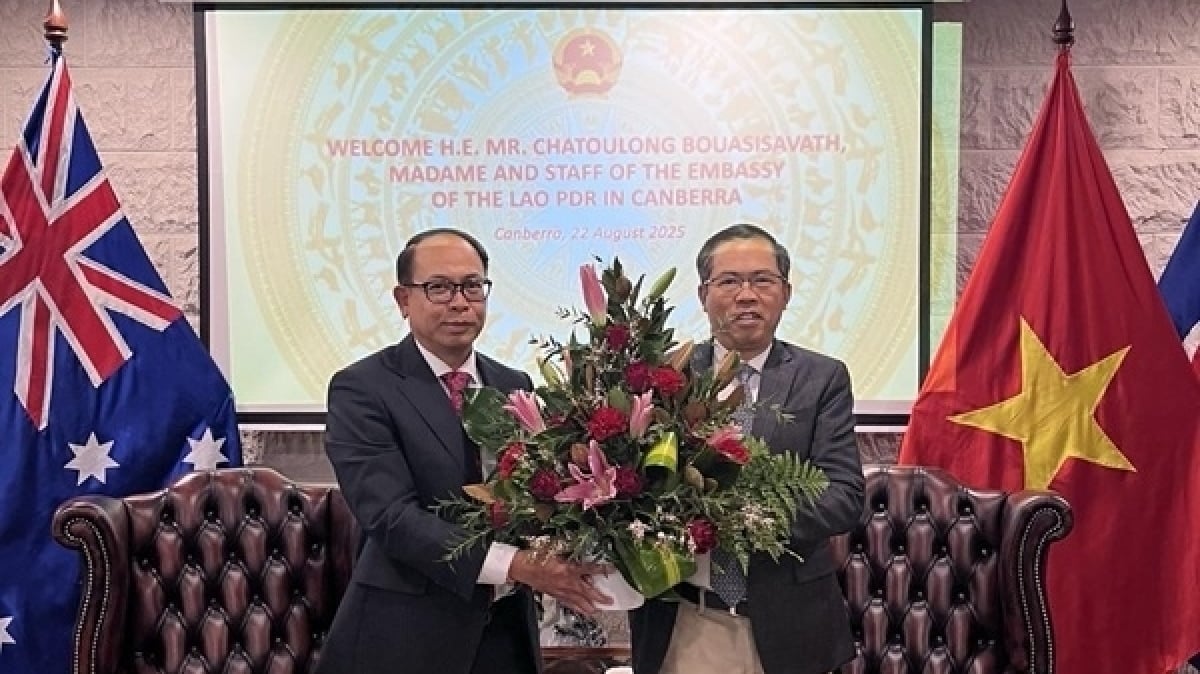
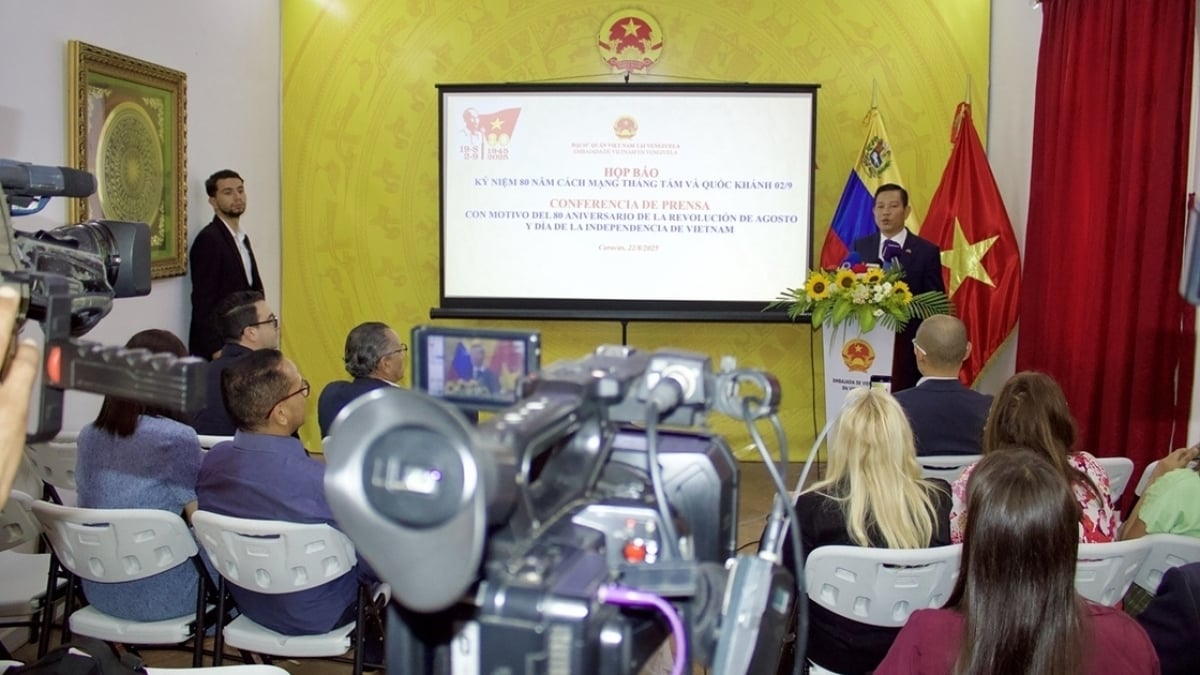
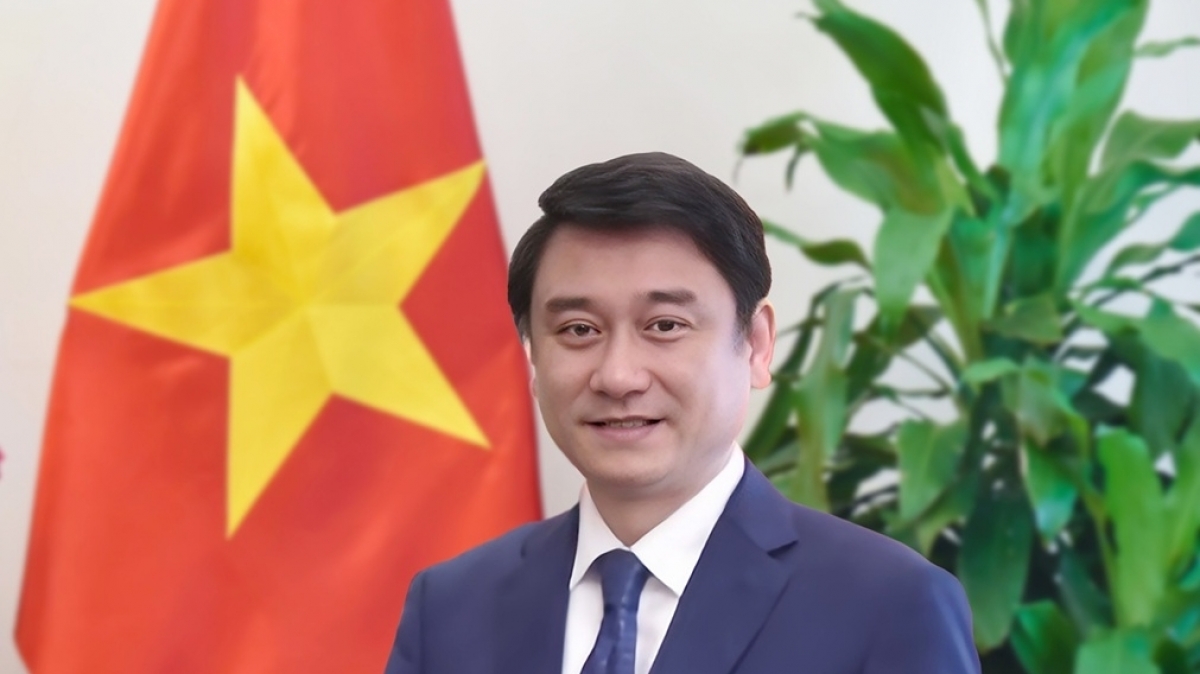
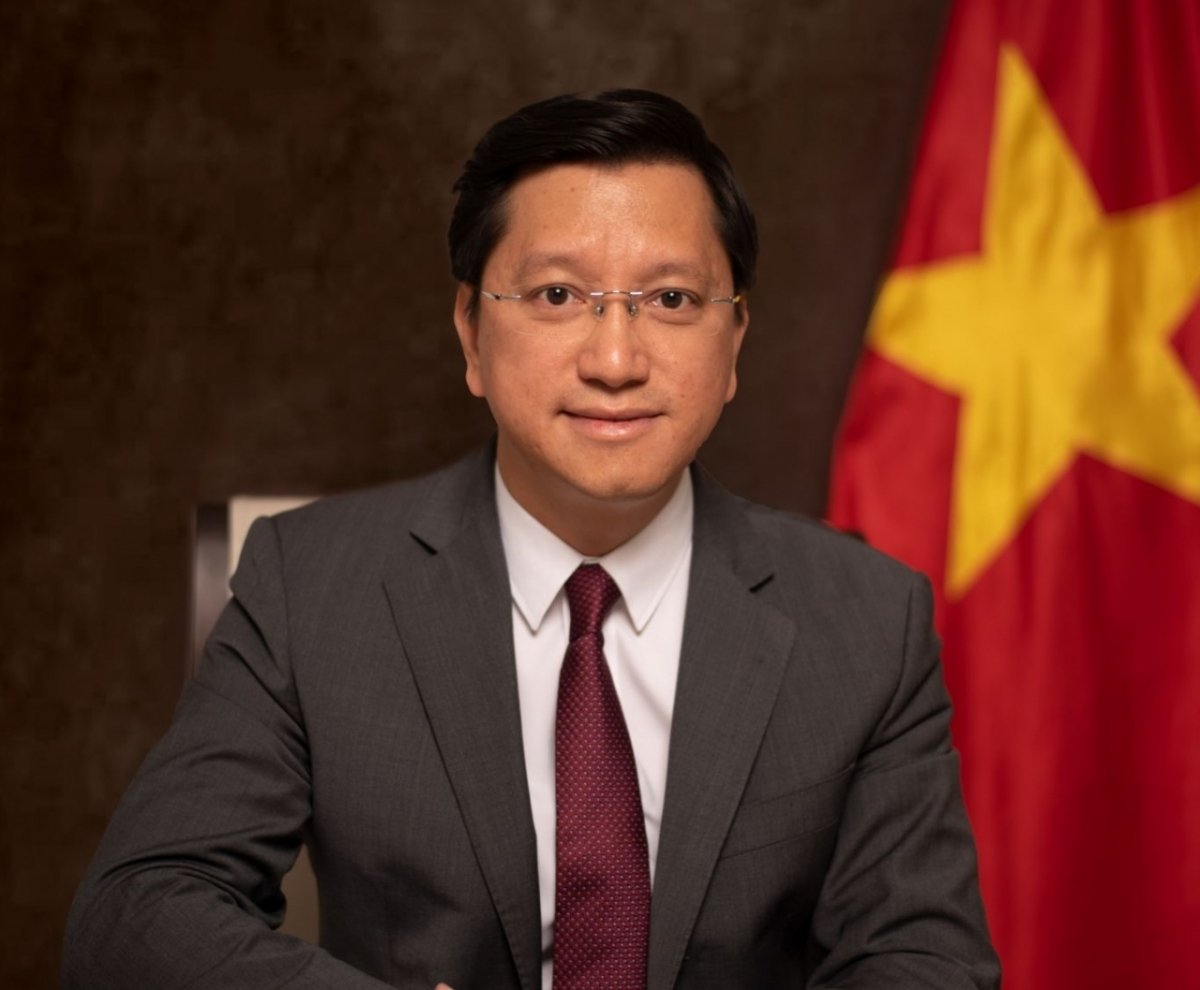
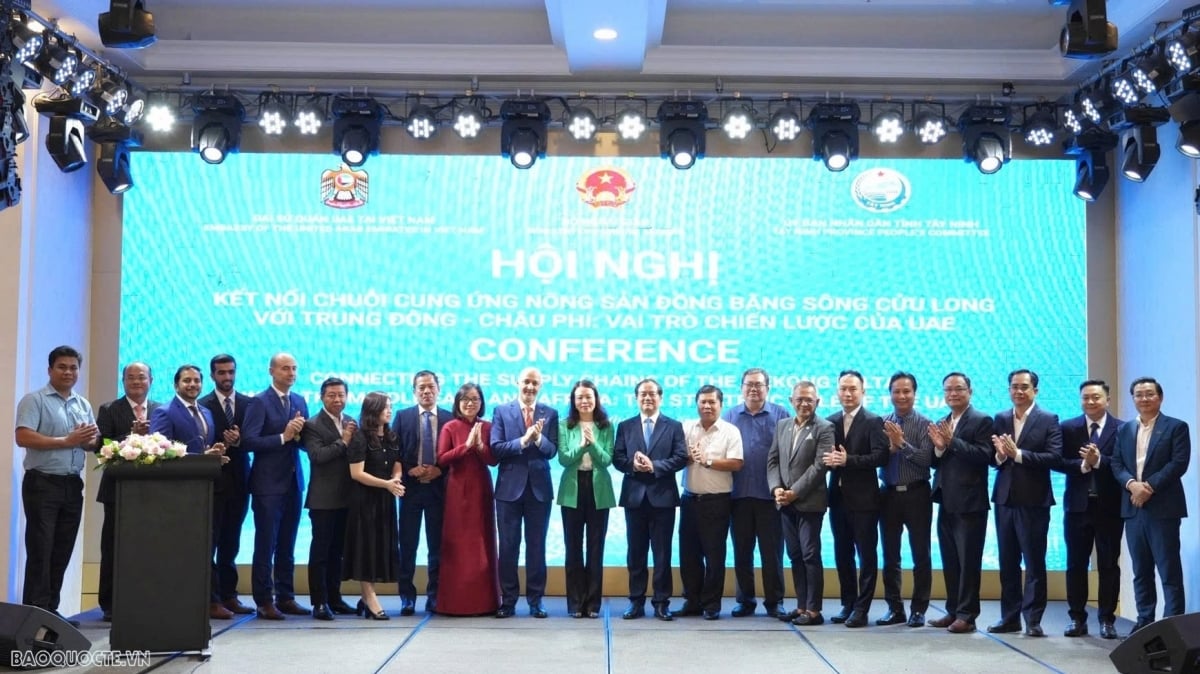



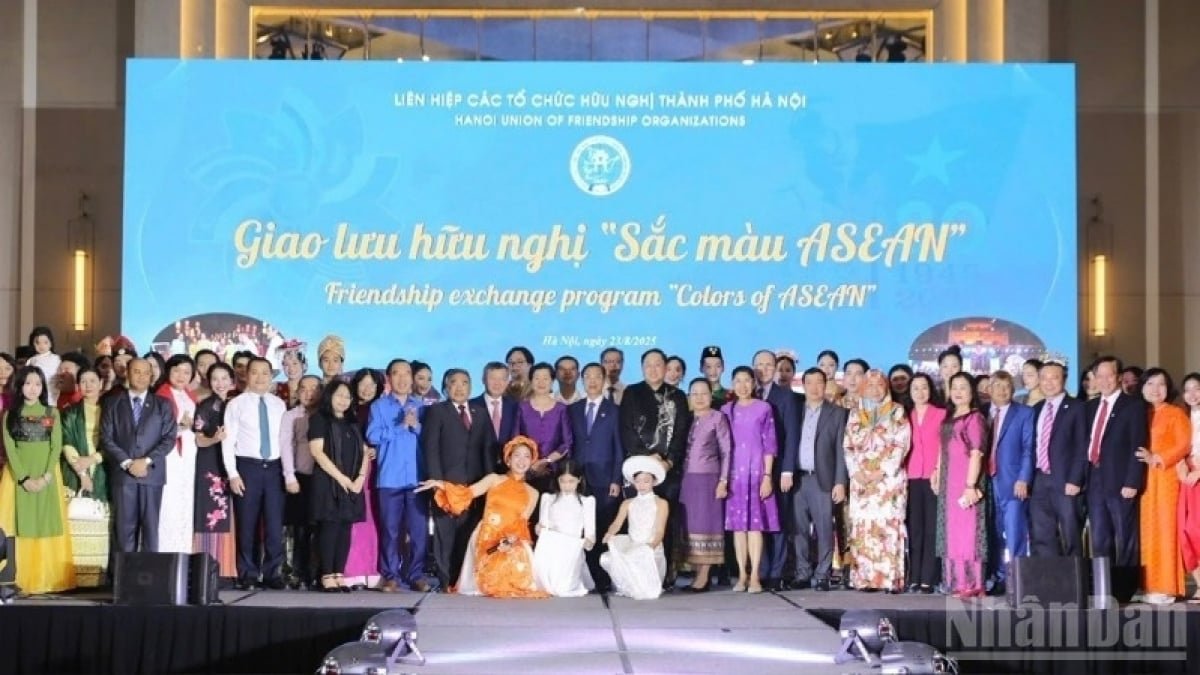
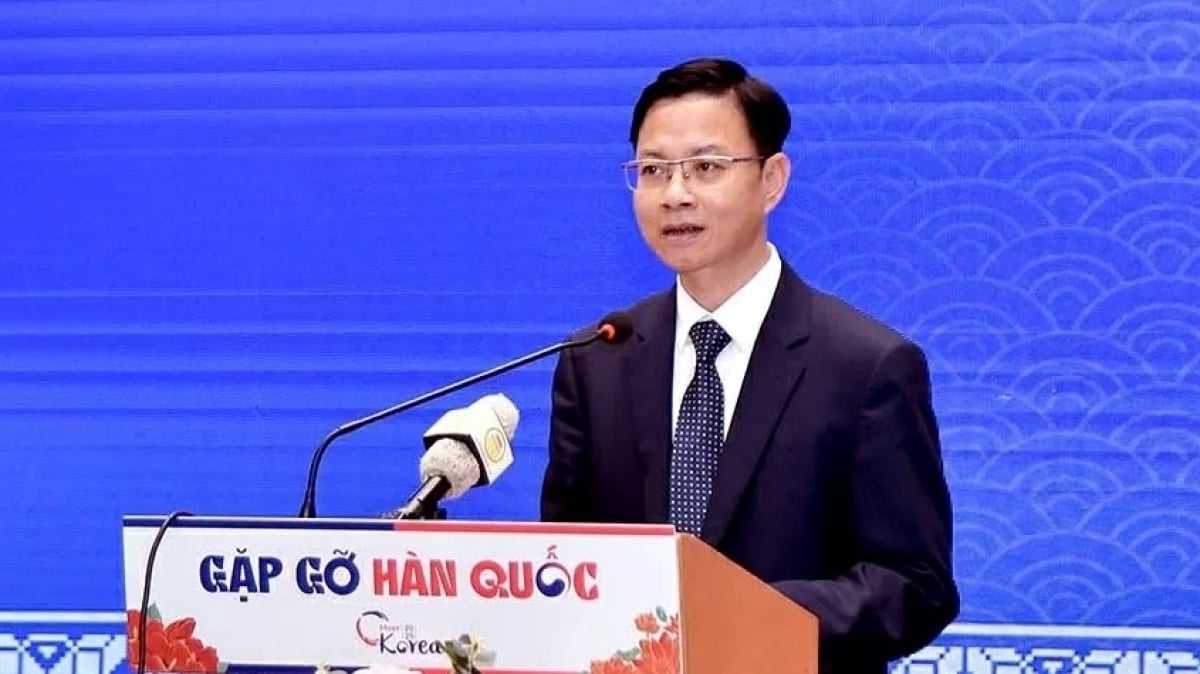
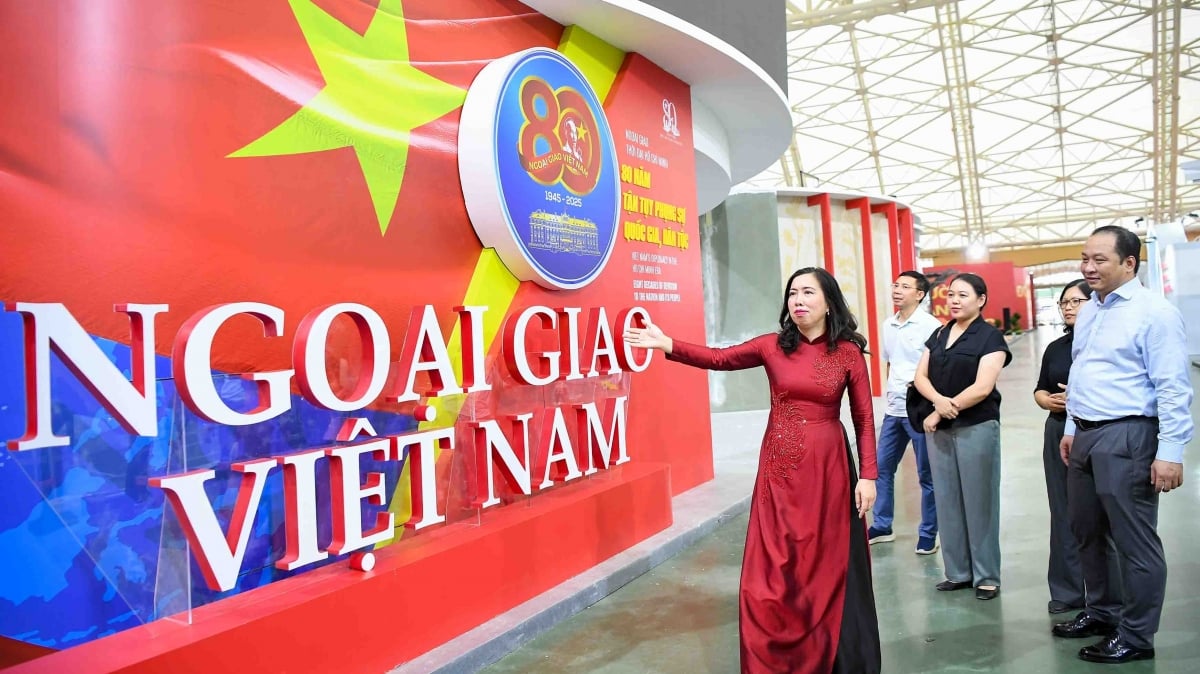
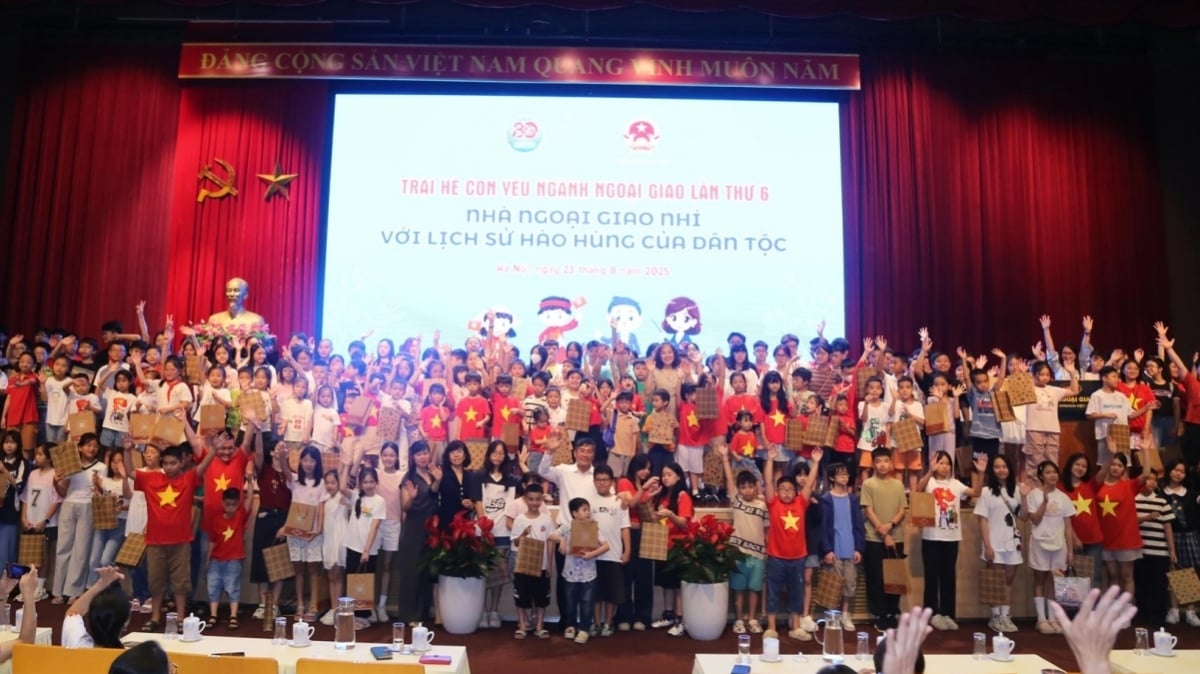
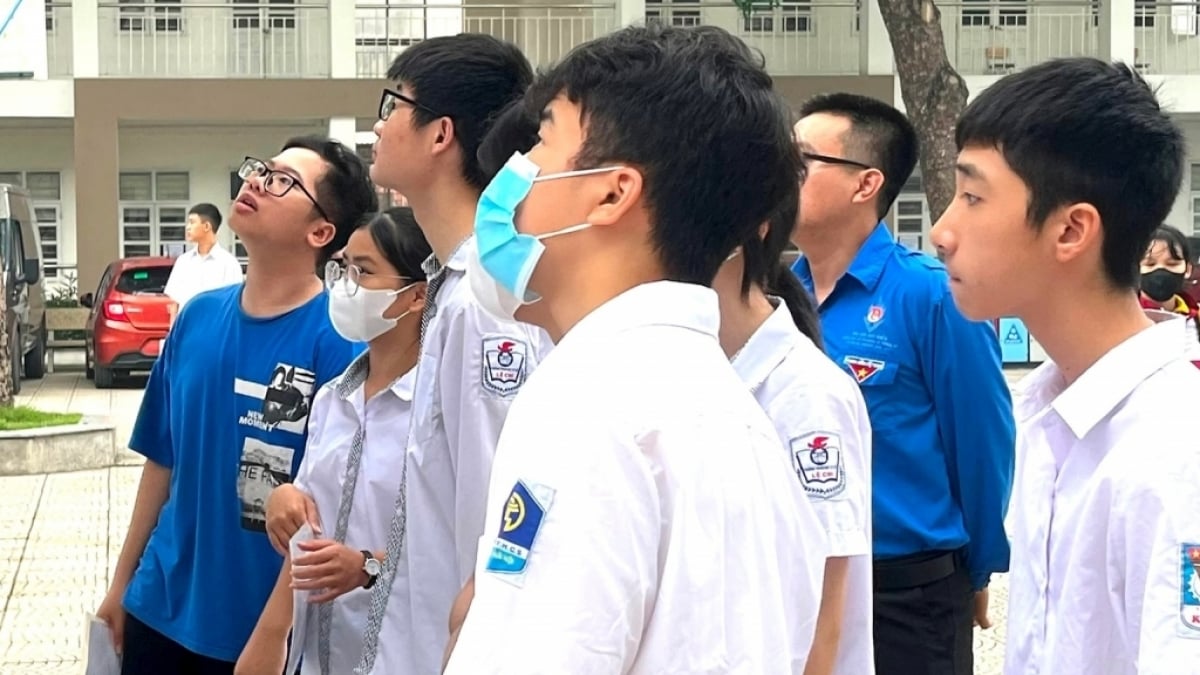
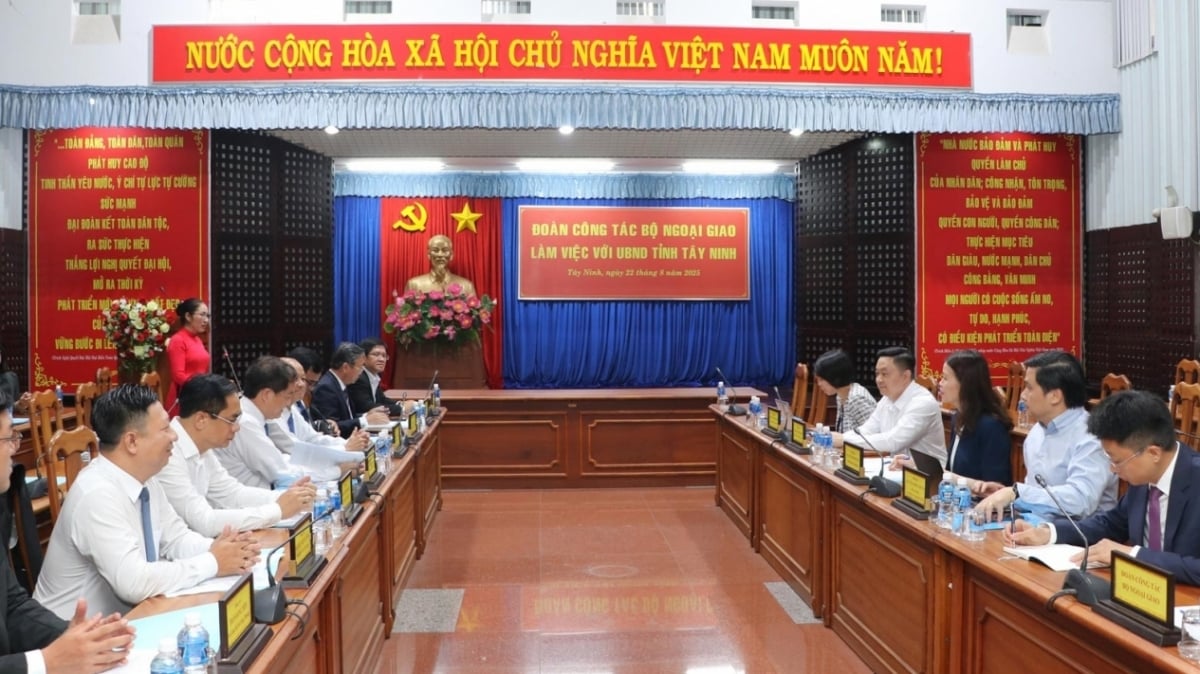
























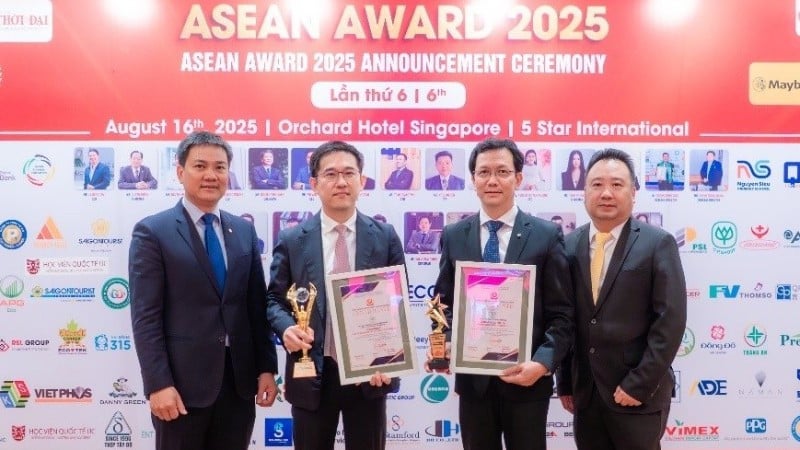

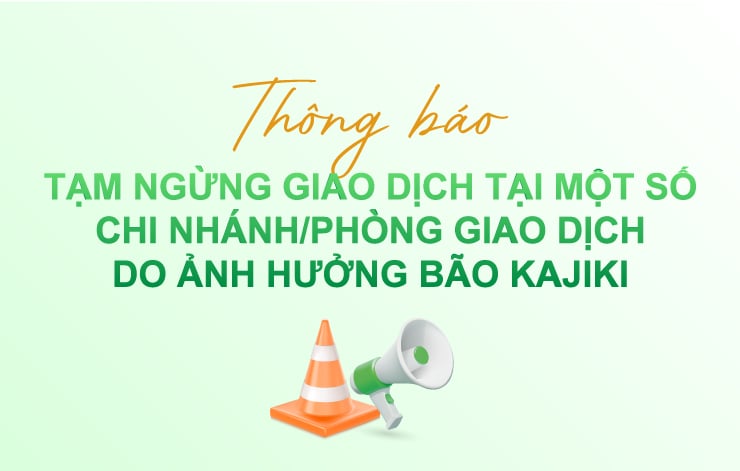


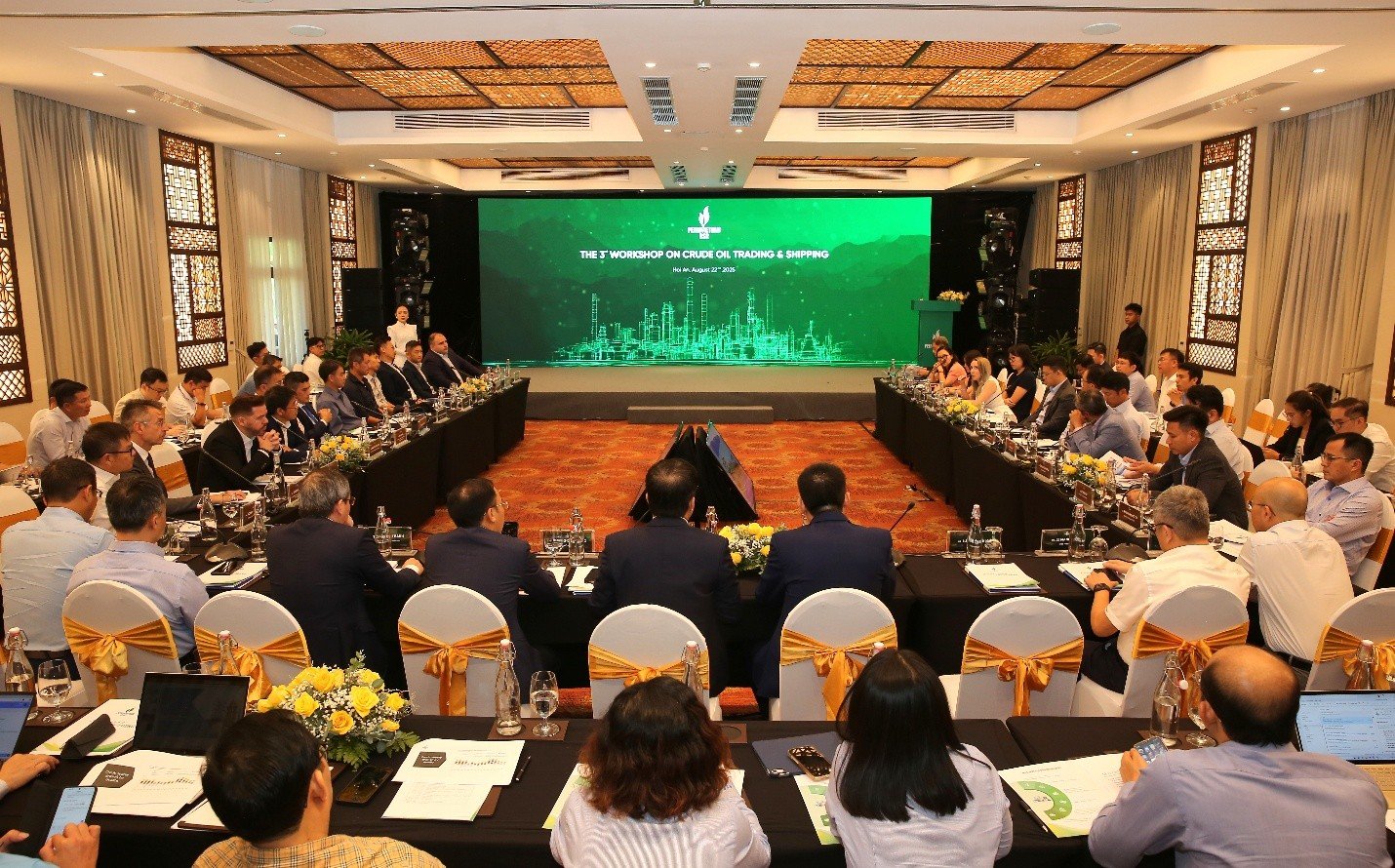
![[E-Magazine] Petrovietnam – Strong steps to realize the “Epochal Transformation”](https://vstatic.vietnam.vn/vietnam/resource/IMAGE/2025/8/25/e745baade70f4e1e96f5314f65eac658)
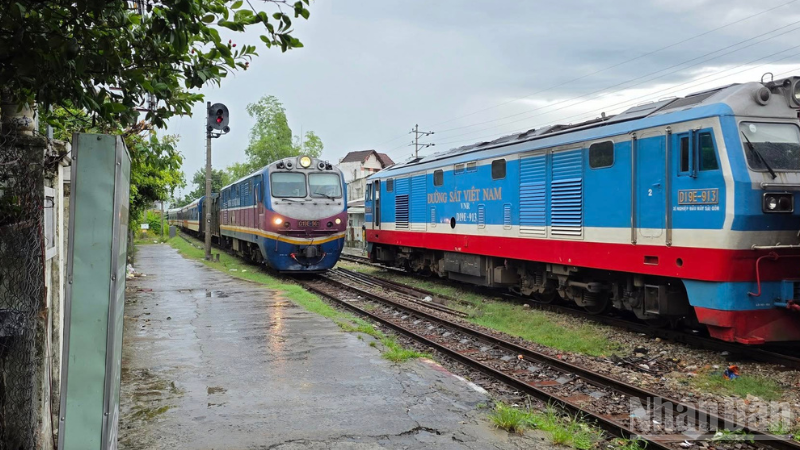
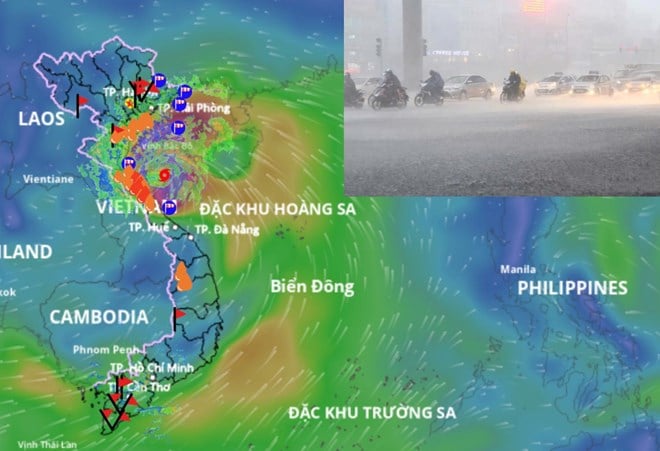

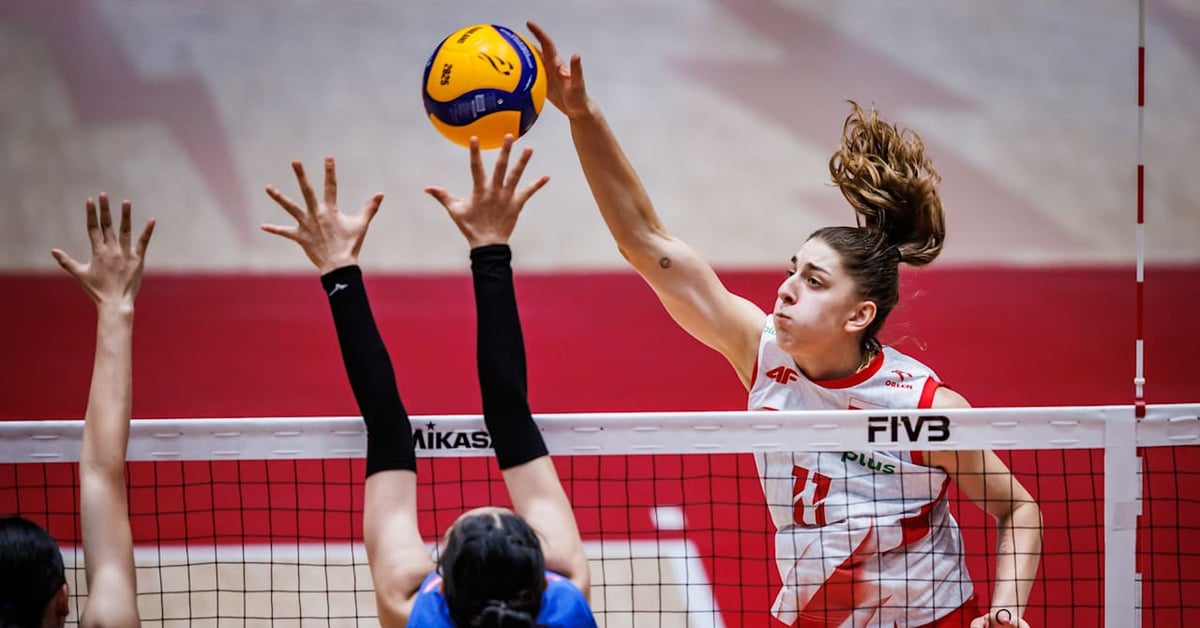

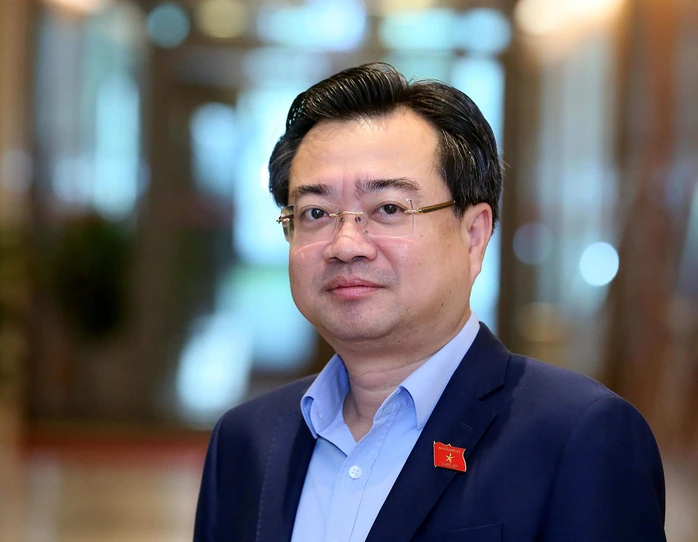


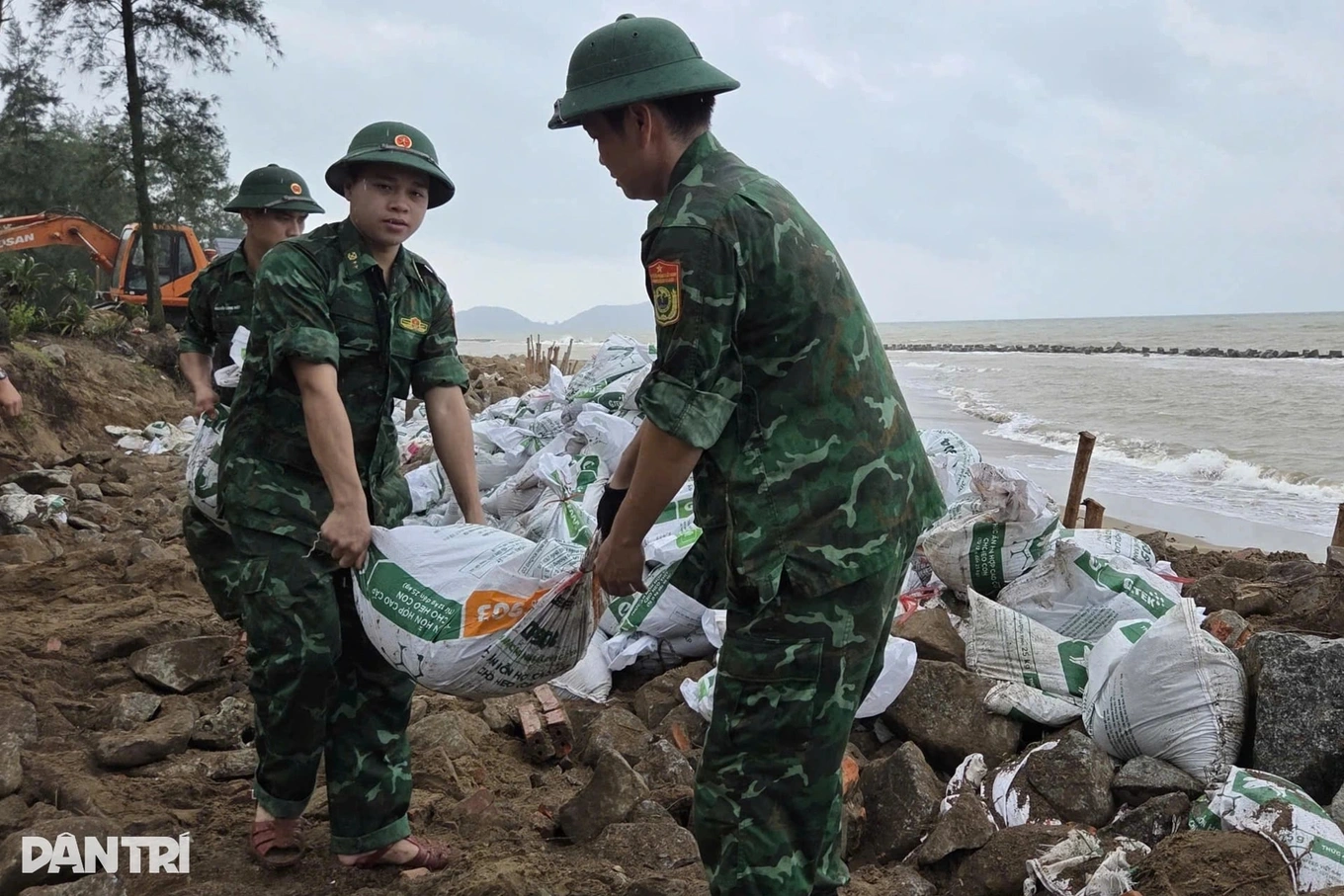
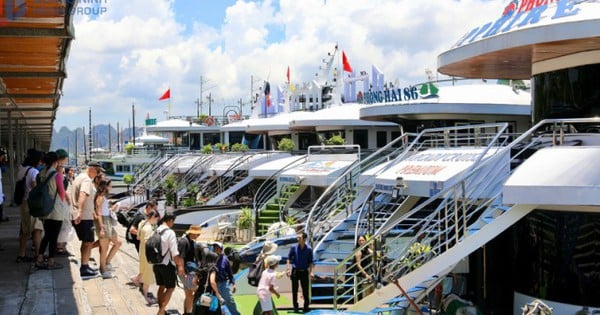


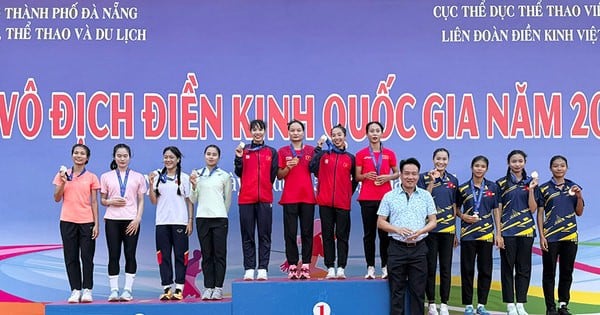


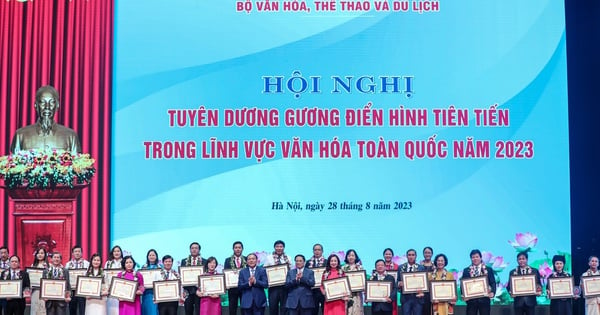
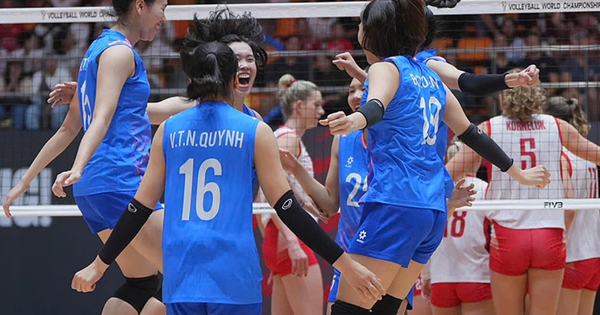
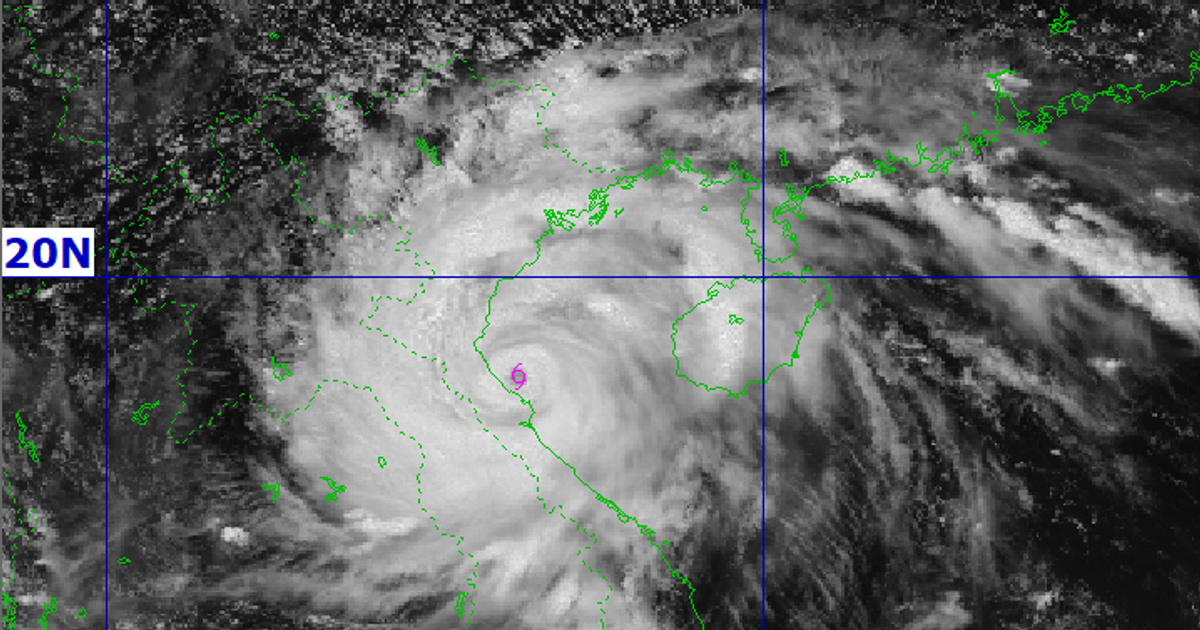
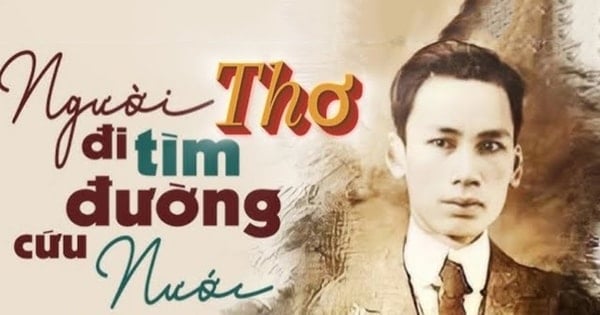

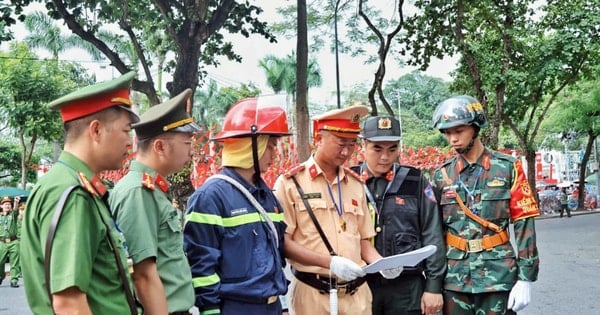
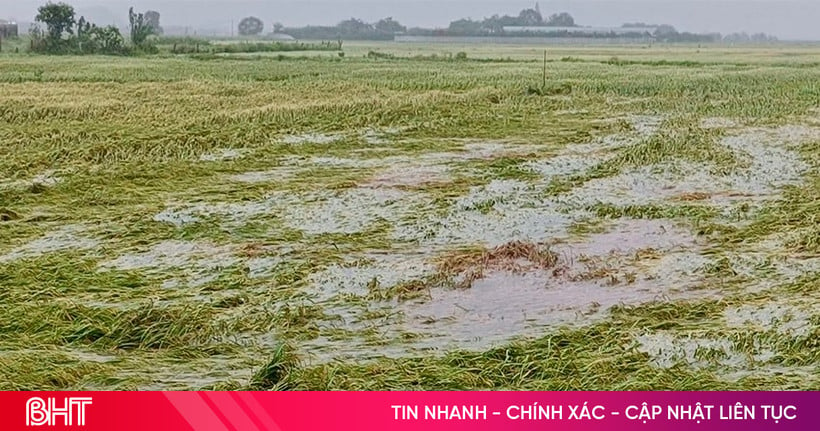

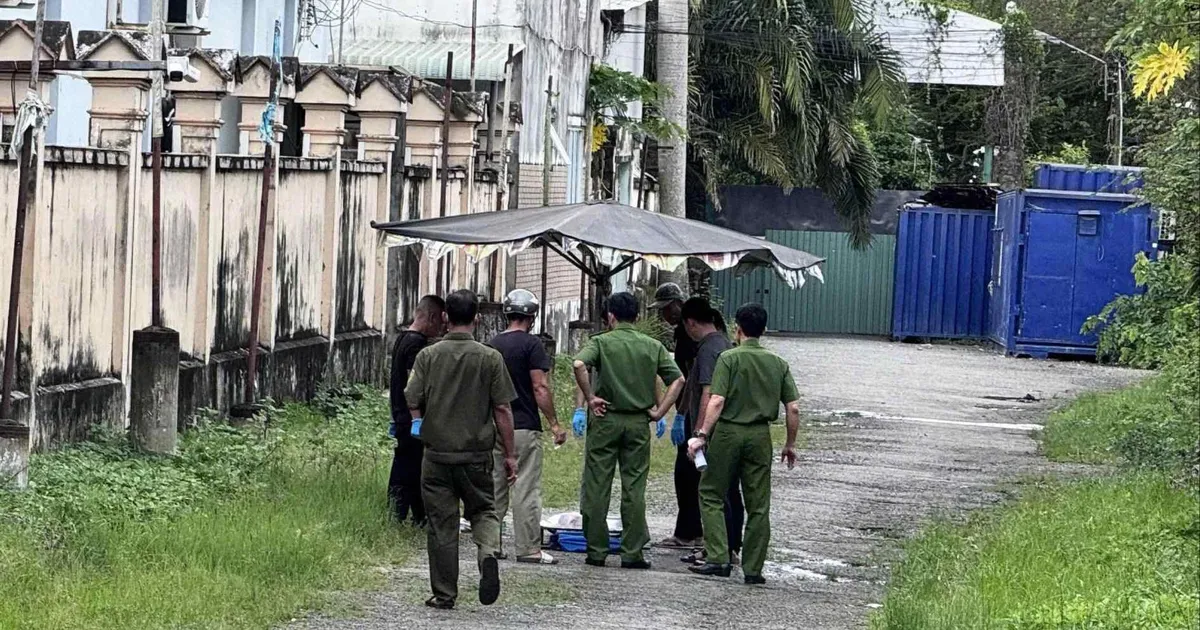

















Comment (0)